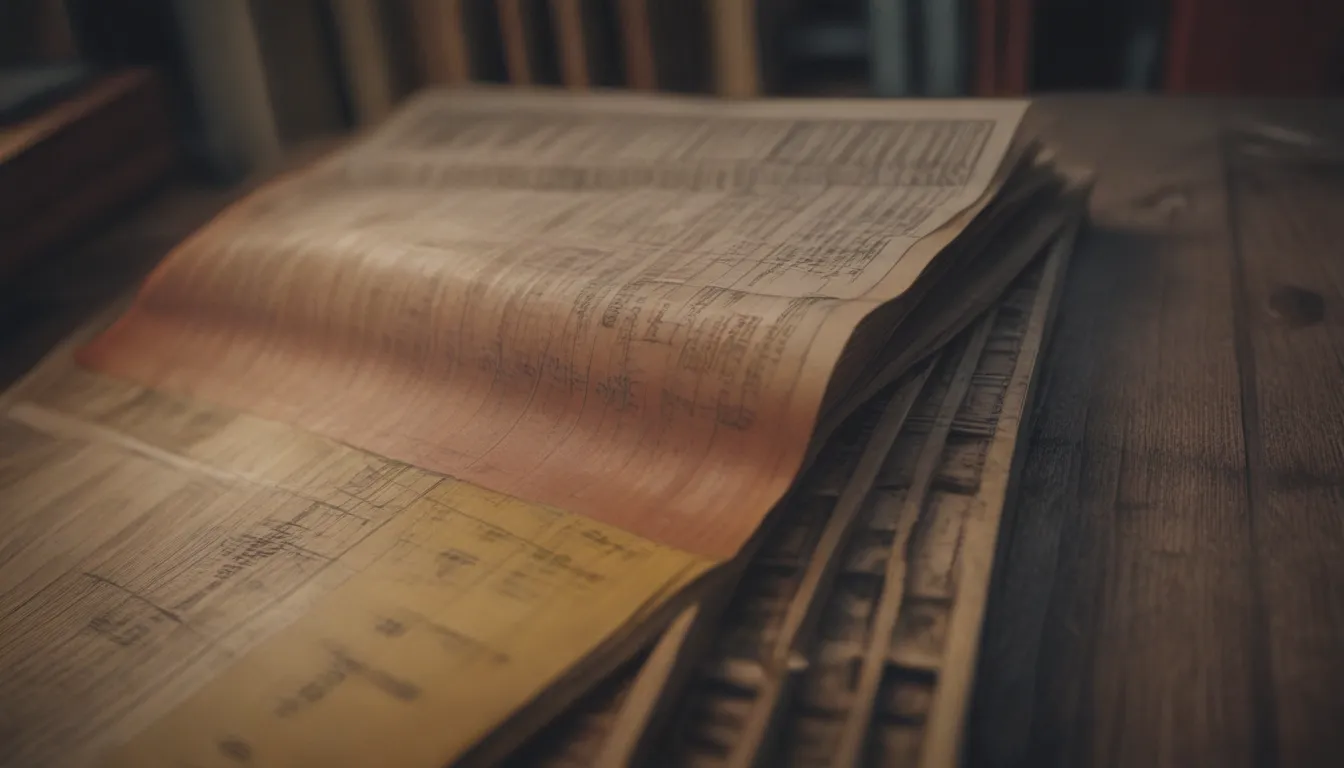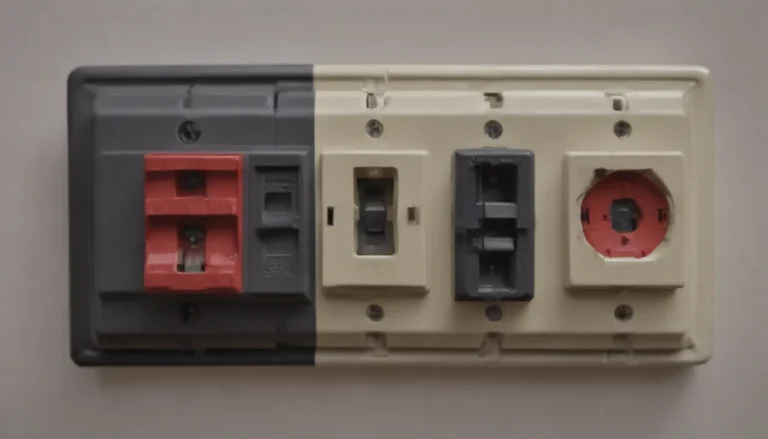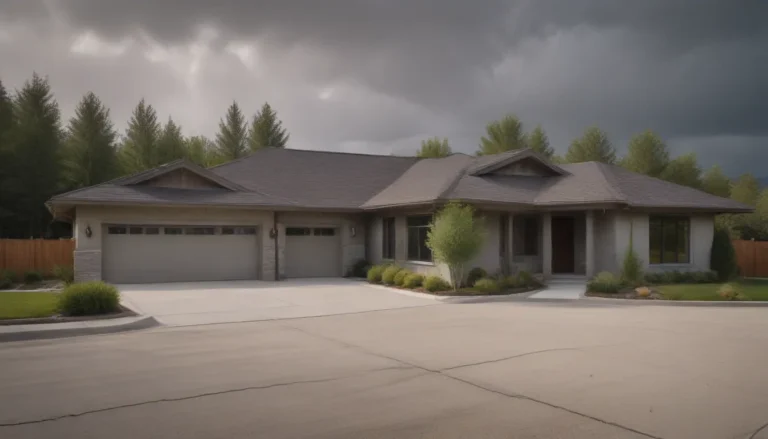The Importance of Building Permits: How Long Do They Last?

Building permits are crucial documents that grant permission for various construction projects, renovations, or repairs, ensuring that the work complies with local building codes and safety standards. In this article, we will delve into the details of building permits, focusing on how long they are valid and the implications of letting them expire.
Understanding Building Permits
Building permits are typically issued by local building inspection offices in accordance with the regulations set by state and local authorities. They are necessary for projects where oversight and inspection are deemed essential to ensure that the work is done correctly and safely. While the specifics of permit requirements can vary significantly between states and even within communities, one thing remains consistent—you should always check with your local building inspection office to determine if a permit is required for your project.
Some common projects that typically require a building permit include:
- Structural work
- Plumbing installations or repairs
- Electrical wiring
- Major renovations or improvements
- New construction
Cosmetic changes or minor repairs, such as painting walls or replacing fixtures, usually do not require a permit. However, it is essential to clarify the requirements for your specific project to avoid potential issues in the future.
Time Limitations on Building Permits
Building permits have a set validity period determined by the issuing jurisdiction, which may range from a few months to a year. It is crucial to begin the work covered by the permit within a specified timeframe, usually around six months, to ensure that the permit remains valid. Failure to commence or complete the work within the designated timeframe may result in the permit expiring, necessitating renewal or extension before work can proceed.
“The expiration of a building permit can have consequences such as delays, additional fees, or even legal ramifications, making it essential to adhere to the stipulated timelines.”
Responsibilities Associated with Building Permits
When embarking on a construction project, whether as a homeowner or a contractor, it is vital to understand the responsibilities related to building permits. If you hire a contractor, they are typically responsible for obtaining the necessary permits and arranging inspections as part of their service. However, communication with your contractor regarding permit applications and fees is essential to ensure a smooth process.
For those opting to undertake a project themselves, DIYers must take on the responsibility of securing permits, adhering to building codes, and scheduling inspections within the required timeframe. Neglecting to obtain permits or ignoring inspection requirements can lead to complications down the line, including fines, project delays, or difficulties when selling the property.
Consequences of Expired Building Permits
Allowing a building permit to expire can result in various repercussions, such as:
- Delays in project completion
- Additional fees for permit renewal
- Non-compliance with building regulations
- Difficulties obtaining approval for the work
Therefore, it is advisable to monitor the expiry date of your permit and take prompt action to renew or extend it if necessary. Building without a valid permit can also have legal implications and may jeopardize the safety and quality of the construction.
Renewing and Extending Building Permits
In the event that your building permit is approaching its expiry date, or has already expired, you can typically renew or extend it by contacting your local building inspection office. While the process may involve additional fees or documentation, it is essential to address permit expiration promptly to avoid complications during the construction process.
“It is recommended to apply for a building permit as close as possible to the intended start date of the project to maximize the validity period and streamline the construction process.”
Conclusion
Building permits play a crucial role in ensuring the safety, compliance, and quality of construction projects. Understanding the validity period of permits, adhering to inspection requirements, and complying with building codes are essential aspects of any construction endeavor. By staying informed and proactive in managing building permits, homeowners and contractors can navigate the regulatory landscape effectively and prevent potential issues down the line. Remember, when in doubt, always consult with your local building inspection office to clarify permit requirements and guidelines for your specific project.





